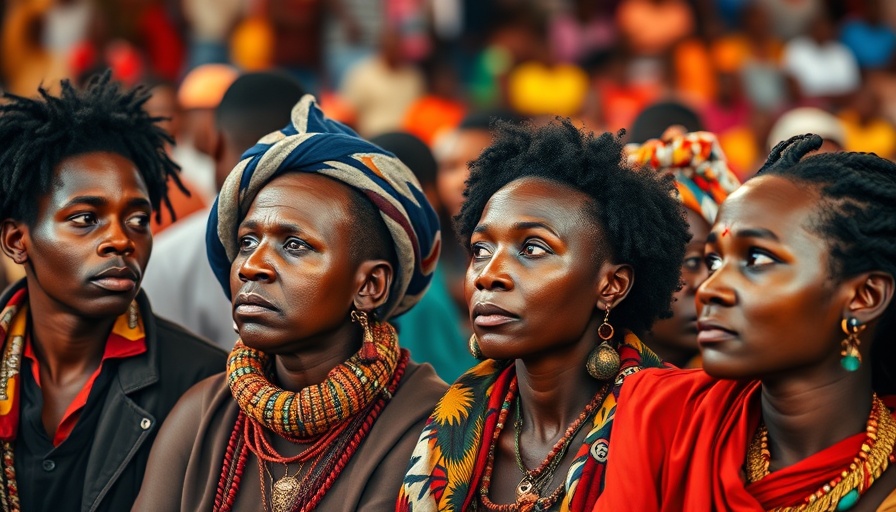
Navigating Namibia's Gender Equality Revolution
Namibia has taken a monumental leap, emerging as the most gender-equal economy in Africa with a groundbreaking 81.1% reduction in its gender gap. This strategic shift, primarily marked by women rising to the highest offices, sets a precedent not only for the nation but for the entire continent. President Netumbo Nandi-Ndaitwah and Vice President Lucia Witbooi symbolize not just a political shift but a cultural transformation toward gender-inclusive governance.
Impacts on Trade and E-Commerce
As gender equality gains a foothold, Namibia becomes an attractive hub for trade, commerce, and e-commerce ventures. The African Continental Free Trade Area (AfCFTA) is positioned to benefit from this progressive environment. Businesses aiming to enter or expand within the African market can find renewed opportunities in Namibia, which emphasizes equitable economic practices.
Challenges Amidst Progress
Despite these commendable statistics, it’s essential to acknowledge that numbers can sometimes mask underlying inequalities. Advocate Zoé Titus asserts that Namibia, while ranking favorably, still faces significant challenges such as poverty and youth unemployment. High-ranking positions do not always equate to genuine equity in experience and opportunities.
Leveraging Gender Equality in Commerce
For exporters and importers, understanding Namibia's commitment to gender equality can lead to more effective market strategies. Embracing the gender lens in business tactics can foster deeper connections with local communities and promote corporate responsibility. Companies that align their practices with progressive gender policies are likely to enjoy enhanced reputational benefits and improved impact in their commerce and e-commerce strategies.
Final Thoughts: A Call to Action
As trade and commerce professionals, recognize the profound implications of gender equality in business. Engage with local partners in Namibia to leverage these advancements for mutual benefit. Advocate for inclusive practices, not only to enrich your company but also to contribute to a more equitable future across Africa.
 Add Row
Add Row  Add
Add 




Write A Comment